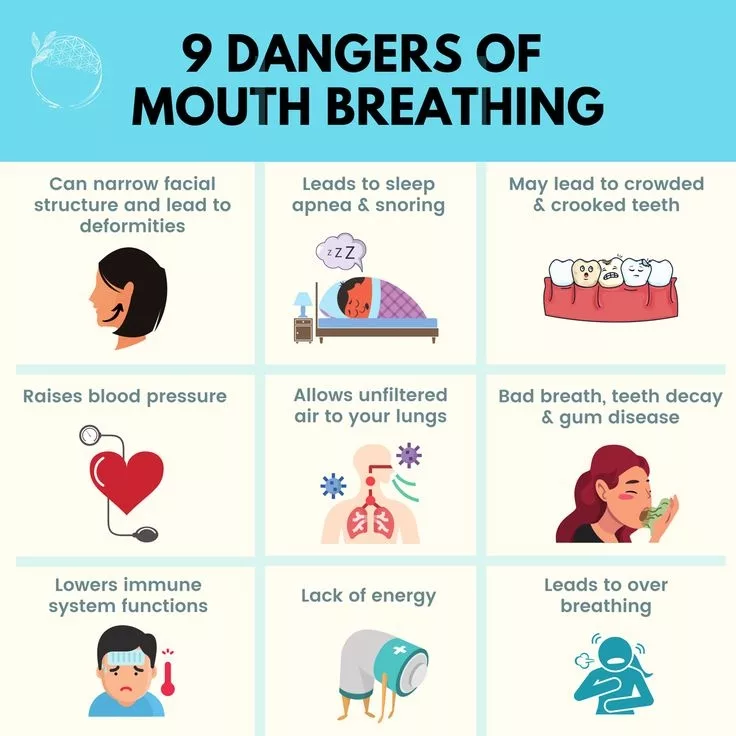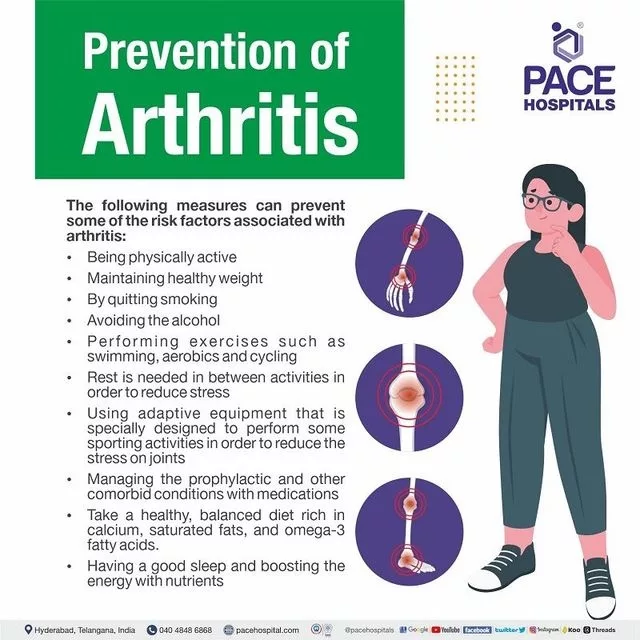Promoting Health through Proper Fruit Consumption
Today, I want to talk about fruits, which we all love. Fruits are known to be tasty and nutritionally rich, beneficial for health. However, incorrect consumption can actually be harmful to our health. So, today, I’ll share the right ways to consume fruits. Let’s enjoy health together!
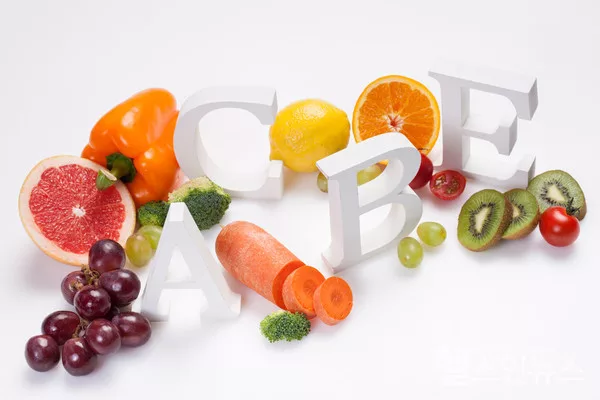
Promoting Health through Proper Fruit Consumption
-
The Importance of Fruit Consumption and Its Impact on Health Fruits play a very important role in our health. They contain a variety of nutrients such as vitamins, minerals, and dietary fibers that help maintain our body’s nutritional balance and prevent various diseases. Fruits also enhance our immune system and promote heart health through their antioxidant activities.
-
A Guide to Balanced Fruit Consumption in Daily Life To consume fruits in a balanced way, it’s important to choose a variety of types. Since each fruit contains different nutrients, combining different types is beneficial. Including fruits in meals and snacks throughout the day helps meet the recommended daily fruit intake.
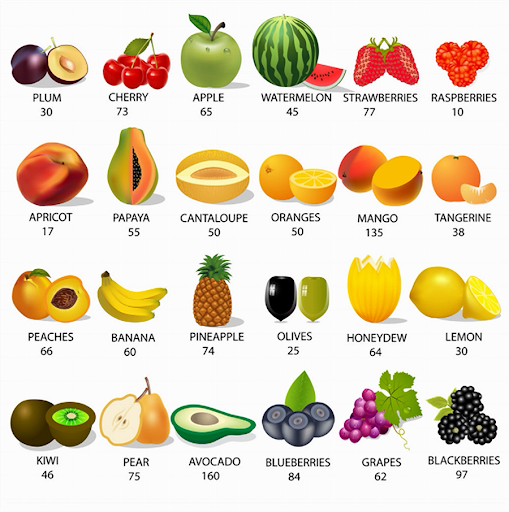
-
Tips and Optimal Choices When Selecting Fruits When choosing fruits, it’s important to check for freshness and quality. Fresh fruits offer the maximum taste and nutrients, so choosing ripe fruits is recommended. Opting for organic or non-steroid fruits minimizes the intake of unnecessary chemicals.
-
Understanding the Nutrients and Benefits of Fruits Each fruit contains various nutrients, and understanding what benefits they can provide to our body is crucial. For example, apples are rich in dietary fibers and polyphenolic compounds, which can improve gut and heart health.

-
Recommended Fruits by Season and Their Reasons There are recommended fruits for each season. Strawberries and cherries in spring, watermelon and melon in summer, apples and pears in autumn, and persimmons and tangerines in winter. This allows us to enjoy fresh and tasty fruits of the season, providing an opportunity to receive the nutrients needed for each season.
-
Fruit Intake and Optimal Timing The recommended daily fruit intake is about 2-4 servings. However, this may vary according to each individual’s physical condition and goals, so finding the appropriate intake for oneself is necessary. Eating fruits before breakfast or as snacks can help with nutrient absorption and digestion.
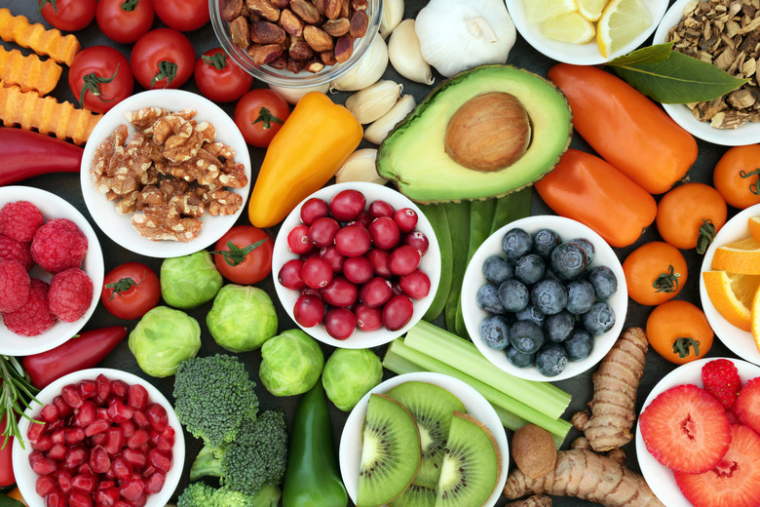
-
Nutrient Absorption Differences According to Consumption Methods It’s beneficial to consume fruits in various ways. Besides eating fresh fruits, drinking juices, smoothies, or consuming them with yogurt are also good options. Each method has differences in nutrient absorption and digestion, so finding the suitable method for oneself is advisable.
-
Introducing Healthy Diets and Recipes Using Fruits Fruits can be used in various dishes and snacks besides being eaten as they are. Fruit salads, smoothies, pies, and cakes are examples of recipes that can make up a healthy and tasty diet. For instance, smoothies made with bananas or tarts made with cherries are popular among many people.
-
Common Mistakes in Fruit Consumption There are some common mistakes in consuming fruits.

Firstly, consuming fruits without peeling or removing seeds can waste nutrients. Secondly, eating fruits without washing them can lead to the intake of unnecessary microbes.
- Tips for Sustainable Fruit Consumption For continuous fruit consumption, several practical tips are necessary.
Firstly, storing fruits in the refrigerator to maintain freshness is important. Secondly, enjoying seasonal fruits while maintaining diversity is a good method. Lastly, finding favorite fruits and purchasing them weekly can prevent boredom.
Choosing fruits with low fructose content can be important for those looking to reduce their sugar intake. Here is a list of fruits with relatively low fructose content:
- Avocado: Very low in fructose and rich in healthy fats, making it a good choice for health.
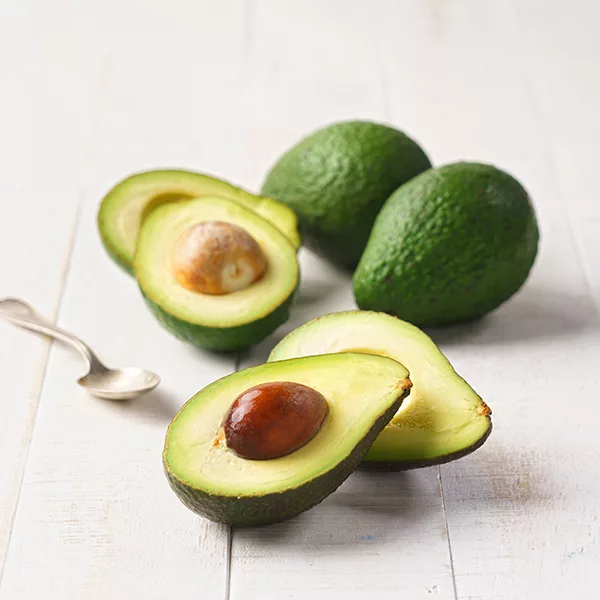
- Raspberries: Among the berries, these have a lower fructose content and are very rich in fiber.
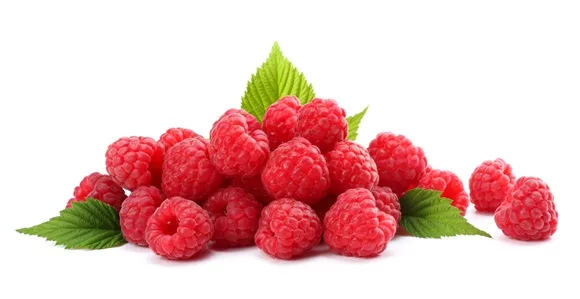
- Kiwi: Rich in Vitamin C and sweet, yet the fructose content is relatively low.

- Strawberries: One of the berries, low in fructose and rich in Vitamin C and fiber.
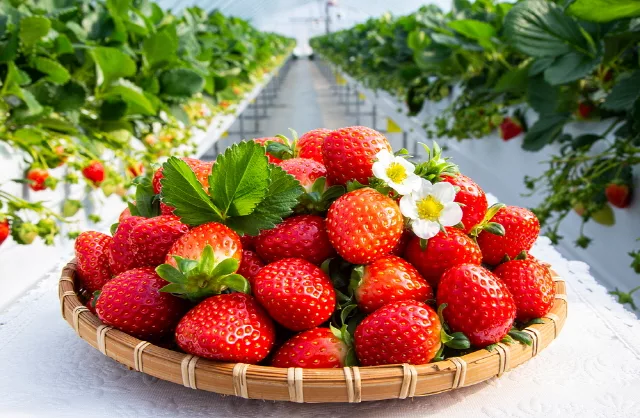
- Plums: Low in fructose and contain fiber that can aid digestion.
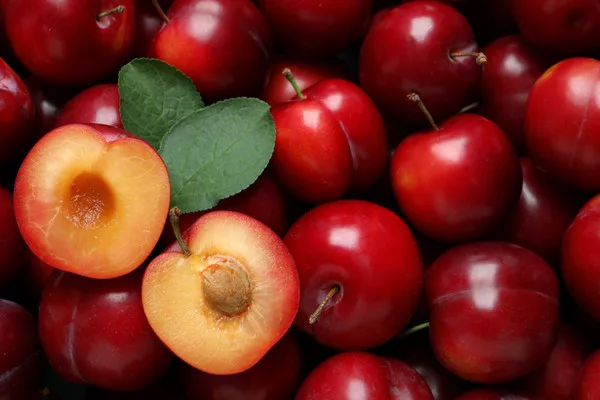
- Lemons/Limes: Very low in fructose and often used to enhance the flavor of food and beverages due to their tart taste.

- Mandarins: Relatively low in fructose and rich in Vitamin C, which is good for strengthening the immune system.
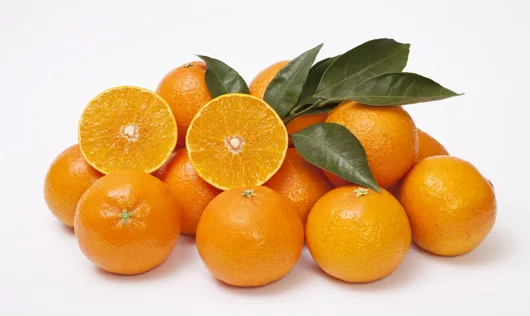
- Blackberries: One of the berries, low in fructose and rich in fiber and vitamins.

- Cherries: Some types of cherries may have high fructose content, but tart cherries are relatively low.
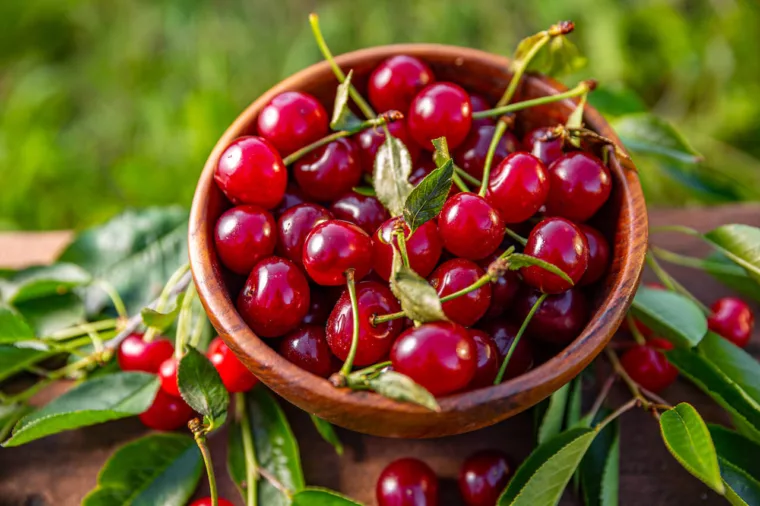
- Apples: Especially green apples, which are lower in fructose and rich in fiber.
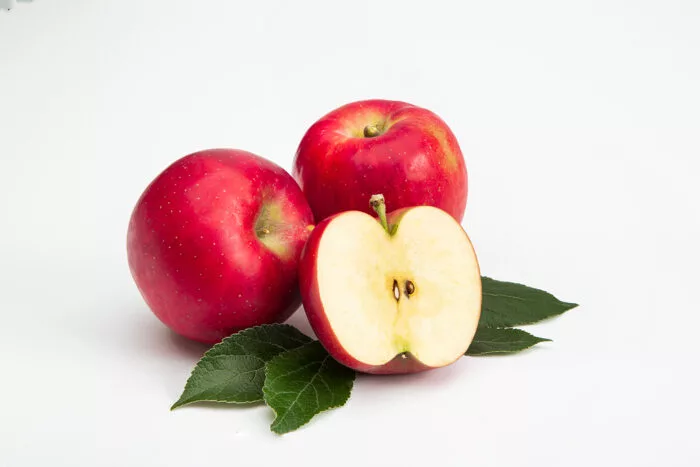
When choosing fruits, it’s important to select the right type based on your health status and goals. Even fruits with low fructose content can increase sugar intake if consumed in excess, so it’s best to maintain moderate consumption.
Fruits play a very crucial role in our health. Knowing the right ways to consume, choosing correctly, and utilizing them diversely can enhance our health. Start practicing healthy fruit consumption from now on! 💪🍎



